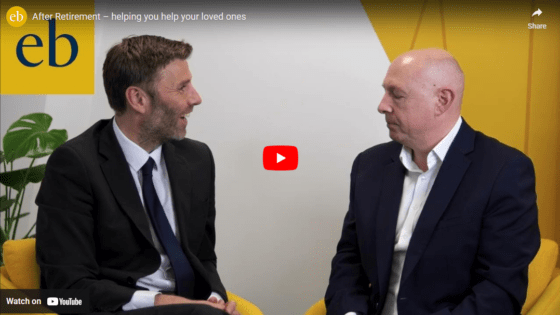Only 26% of people have a full strategy in place to transfer their wealth to the next generation, while 1 in 3 indicate they have done nothing at all to prepare for passing on wealth to their loved ones.
Once a taboo subject, we are seeing more people bringing their whole families into the financial planning discussions and with the average UK inheritance tax bill increasing to nearly £180,000, there are many good reasons to involve the whole family in your financial planning and particularly in wealth transfer – both whilst you are living and after you pass away.
Linked to inheritance tax planning, estate planning means we will work with you to find the best plan to transfer your wealth and distribute your assets both before and after your death.
The drivers behind the Great Wealth Transfer
1. Increase in property values – primarily for the Baby Boomer generation who managed to get on and stay on the property ladder, now own significant value within their properties.
2. Improved net worth, driven by lucrative final salary and defined benefit pension scheme cash-ins thanks to the 2015 pensions freedoms, a long period of low inflation and rising stock market rates (which is clearly changing now).
3. Increased life expectancy







